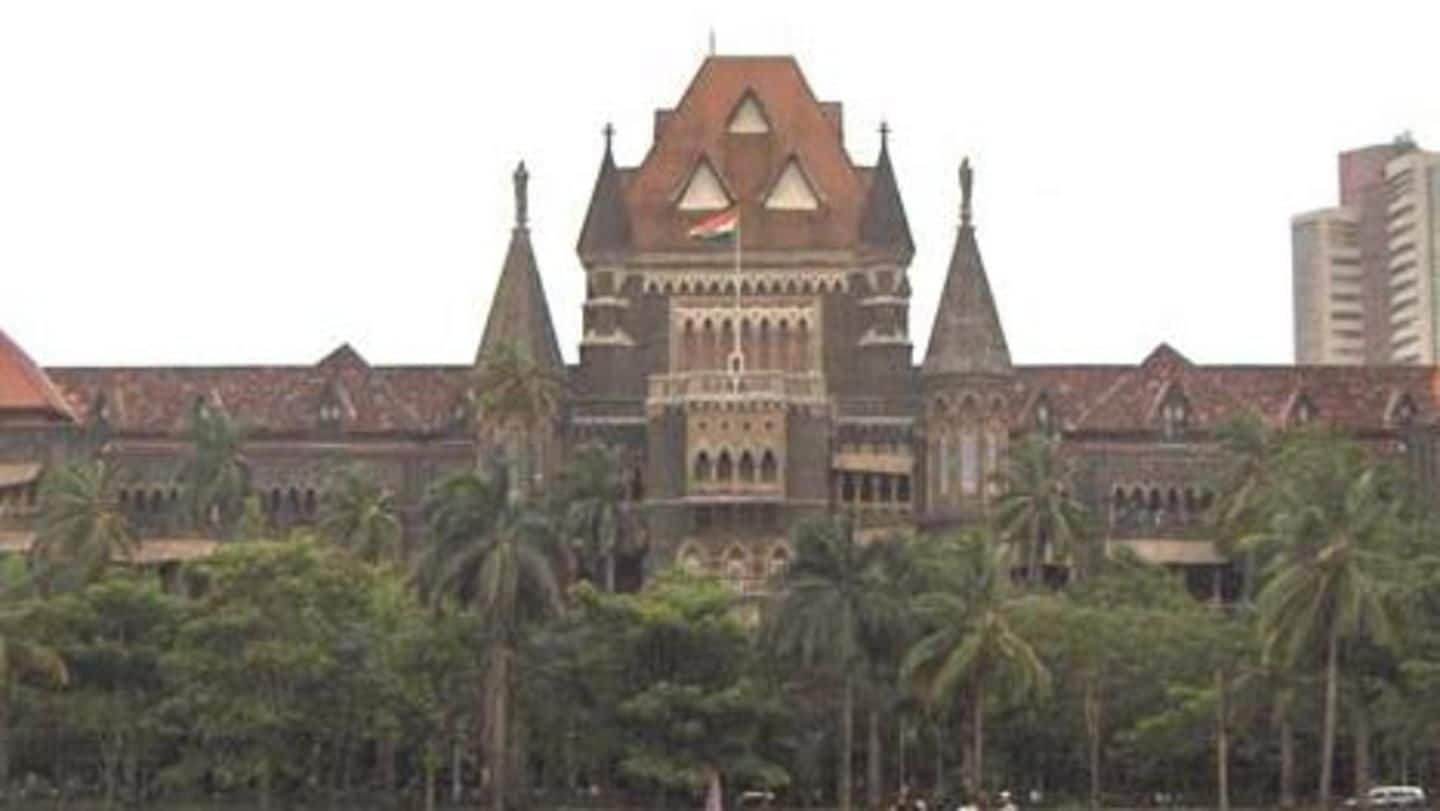
Learning-disabled student completes three-year IIT course, but does't get degree
What's the story
A learning disability or a mental disorder cannot be termed a physical disability, the Bombay High Court said while refusing to direct the IIT Bombay to give a formal degree to a girl student suffering from dyscalculia, although she has completed a master's course. Dyscalculia is severe difficulty in making arithmetical calculations as a result of a brain disorder.
HC
IIT admitted the student after intervention by the HC
The petitioner had applied to the course in 2012. In the entrance test, she scored 50%. But the institute refused admission as for the general category, under which the petitioner had applied, the qualifying percentage was 64. For students suffering from physical disability, the cut-off was 32, but she had not specified any physical disability in her application form, IIT said.
Degree
Girl passed a three-year course, but institute didn't confer degree
When she moved court the same year, the HC then asked IIT to admit the girl as an interim relief. Accordingly, the girl underwent the three-year course and passed, but the institute didn't confer the degree on her. In its latest order, the court ruled that although she may be entitled to be declared successful in the course, no further relief can be granted.
The disorder
At the maximum, dyscalculia can be termed a "disorder": Court
"To suggest that the petitioner suffered from mental retardation so as to fit into the category of physical disability would be an extremely unfair and inappropriate conclusion, since in our view mental retardation clearly indicates incomplete development of mind, which is not necessarily sub-normality of intelligence," the bench said. It added that at the most dyscalculia can be termed as a "disorder".